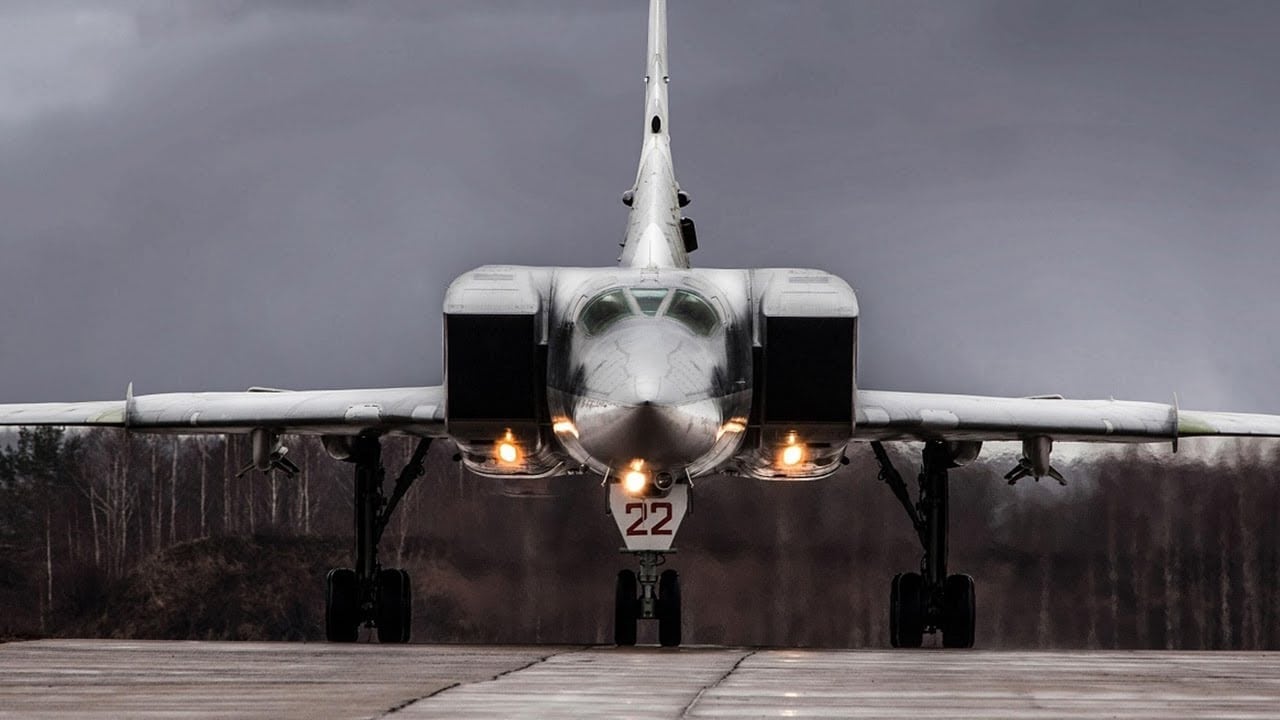A least seven people were killed in a missile strike that struck multiple urban centers in Ukraine on Thursday. President Volodymyr Zelensky said at least 10 million Ukrainians were also without power following Russia’s most recent attack.
“We are doing everything to normalize the supply,” Zelensky said in his nightly address.
Ukraine Is a Missile War
Ukraine’s air defense managed to successfully shoot down six cruise missiles and five drones, but dozens of missiles and drones still hit the cities and other civilian infrastructure. The attack came just two days after one of the heaviest bombardments yet launched by Russia.
Winter has come early to parts of Ukraine, and residents in the capital of Kyiv woke on Thursday to find a fresh blanket of snow. As the nation now routinely suffers blackouts and forced power shutdowns, many now are unable to heat their homes. In addition to the capital, the western city of Vinnytsia, the port city of Odesa in the southwest, and Sumy in the northeast have been suffering the most from the recent outages, the BBC reported on Friday. Multiple civilian injuries had been reported.
Seven people were killed in the recent attacks when a missile struck their apartment block in Vilnyansk, a suburb of the southern city of Zaporizhzhia.
Moscow has attempted to justify the recent wave of missile strikes as it faces numerous setbacks on the battlefield by accusing Kyiv of “unwillingness” to negotiate. The fact that Russia has been able to mount such ongoing missile attacks against Ukraine has actually come as a surprise, as some experts had believed the Kremlin to be running low on stockpiles of such ordnance.
It is unclear if these recent attacks are a desperate last-gasp measure by Moscow to force Kyiv to head to the peace table.
The Breadbasket Continues to Feed Europe and Beyond
Despite the hardships that the Ukrainian people are facing, Zelensky said his nation would “continue to export agricultural products through our Black Sea ports” through its export grain initiative.
The Ukrainian leader further emphasized the global utility of Ukraine’s grain exports, which continue to reach Africa and the Middle East, as well as into eastern Asia and the European Union.
After the dissolution of the Soviet Union in 1991, Ukraine was able to return to its pre-revolutionary position as a major exporter of essential agricultural commodities, including wheat, barley, corn, and sunflower oil.
Ukraine has close to 104 million acres of agricultural land, of which 79 million are currently cultivated, an area larger than Italy – earning it a reputation as being the “breadbasket of Europe” and beyond. It is one of the most highly cultivated countries in the world, thanks to its favorable climate and high-quality soils – as well as lower cost of production than its European and North American competitors. Ukraine can provide enough food for half a billion people or more.
An ongoing concern is that Vladimir Putin’s invasion could cause a massive famine, especially in parts of Africa and the Middle East, which rely on food from the region. However, Kyiv has vowed to do what it can to continue the agricultural exports.
“Tens of millions of people, primarily in African countries, have been saved from starvation, particularly by means of deliveries in the framework of the UN World Food Program from our ports,” said Zelensky.
Thus even as Ukraine’s people may suffer, Ukraine will do its part to ensure others will not.
A Senior Editor for 19FortyFive, Peter Suciu is a Michigan-based writer. He has contributed to more than four dozen magazines, newspapers, and websites with over 3,000 published pieces over a twenty-year career in journalism. He regularly writes about military hardware, firearms history, cybersecurity, and international affairs. Peter is also a Contributing Writer for Forbes and Clearance Jobs. You can follow him on Twitter: @PeterSuciu.

